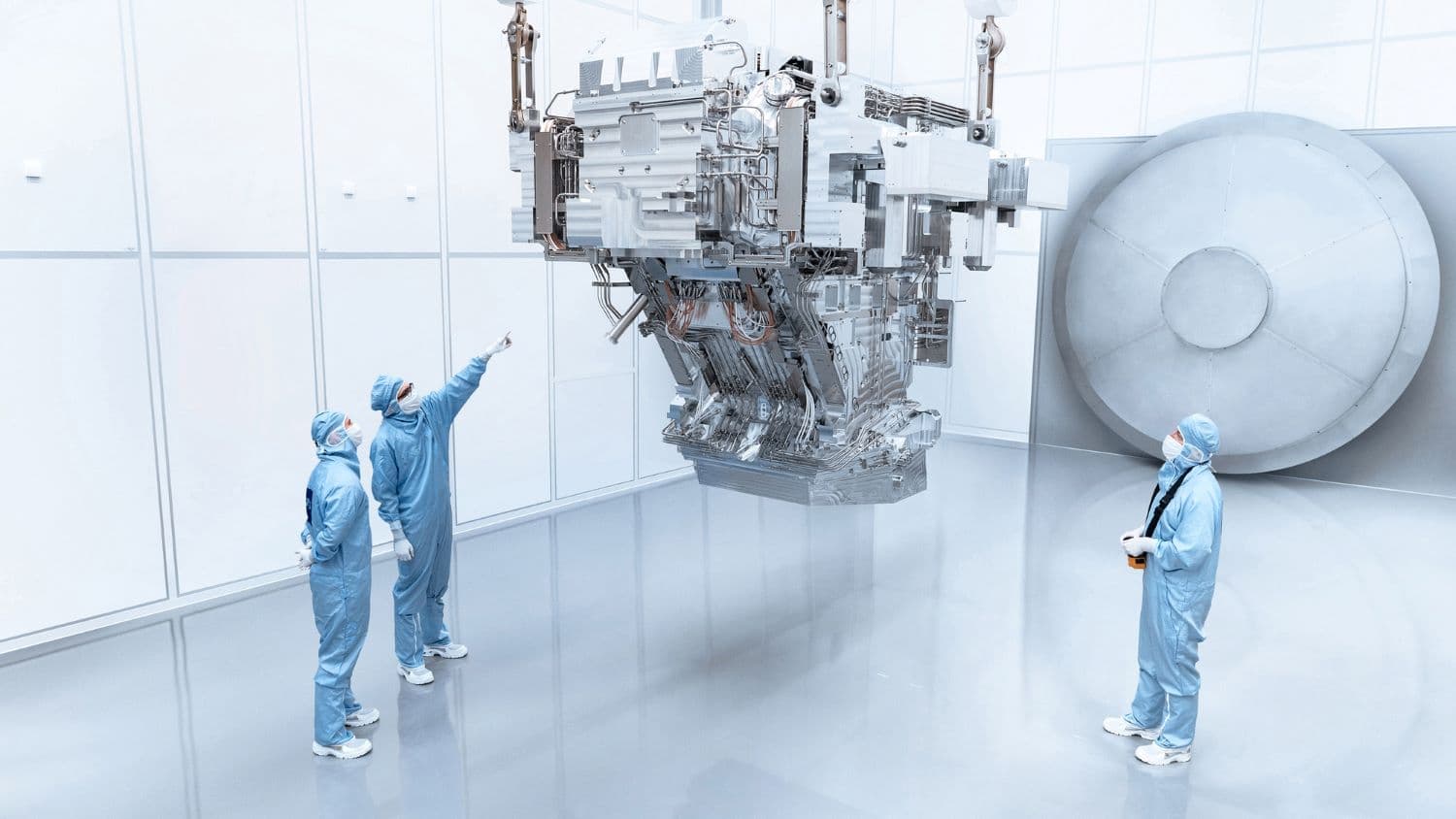The RAILS project investigated the next big step in conveying info to train crew and passengers, focusing on two main challenges: how to make mobile connectivity between trains and the wayside more scalable and reliable, and how to overcome the challenges (i.e. increased latency or bandwidth limitations) that are linked to deploying crew and passenger apps in a railway environment.
The RAILS project built on the outcomes of a previous ICON project, TRACK, which investigated how larger files can reliably be transferred between trains and the wayside; in real-time, over a wireless access network, and making maximum use of the available bandwidth.
Project outcomes
Outcomes of the RAILS project included
A decentralized framework for optimal scalability and reliability
The successful decentralization of the TRACK framework was an important realization in order to guarantee the system’s scalability and reliability. The RAILS team succeeded in making sure, for instance, that any node failure is automatically compensated for – ensuring full reliability even when things go wrong.
Femtocells improve onboard connectivity, and reduce passengers’ exposure to electromagnetic radiation
The RAILS project has shown that femtocell technology holds the promise of significantly improving onboard mobile connectivity – which is a must for crew and passenger apps to work properly. Moreover, with increasing attention being paid to public radiation levels, the RAILS project found that the use of femtocells can decrease passengers’ exposure to electromagnetic radiation by up to 60%.
App-based crew and passenger information systems come with their share of challenges
While apps are clearly the next step for onboard crew and passenger information systems, they come with their share of challenges: latency, for instance, is an important barrier to the use of security apps; limited availability of wireless bandwidth is a hurdle for the adoption of onboard video streaming services. That is why the RAILS team looked quite extensively into dynamic bandwidth allocation and low-latency dynamics.
Download Leaflet
Video
RAILS
Railway Applications Integration and Long-term Networks.
RAILS (Railway Applications Integration and Long-term networkS) is an imec ICON project, funded by imec.
It ran from 01.01.2012 until 31.12.2013.
Project information
Industry
- Televic Group
- NMBS (B-RAIL)
Research
- imec - IBCN - UGent
- imec - Data Science Lab - UGent
- imec - MOSAIC - UAntwerpen
- imec - WAVES - UGent
- imec - ETRO - VUB
Contact
- Project lead: Dirk Van Den Wouwer
- Research lead: Bruno Volckaert













